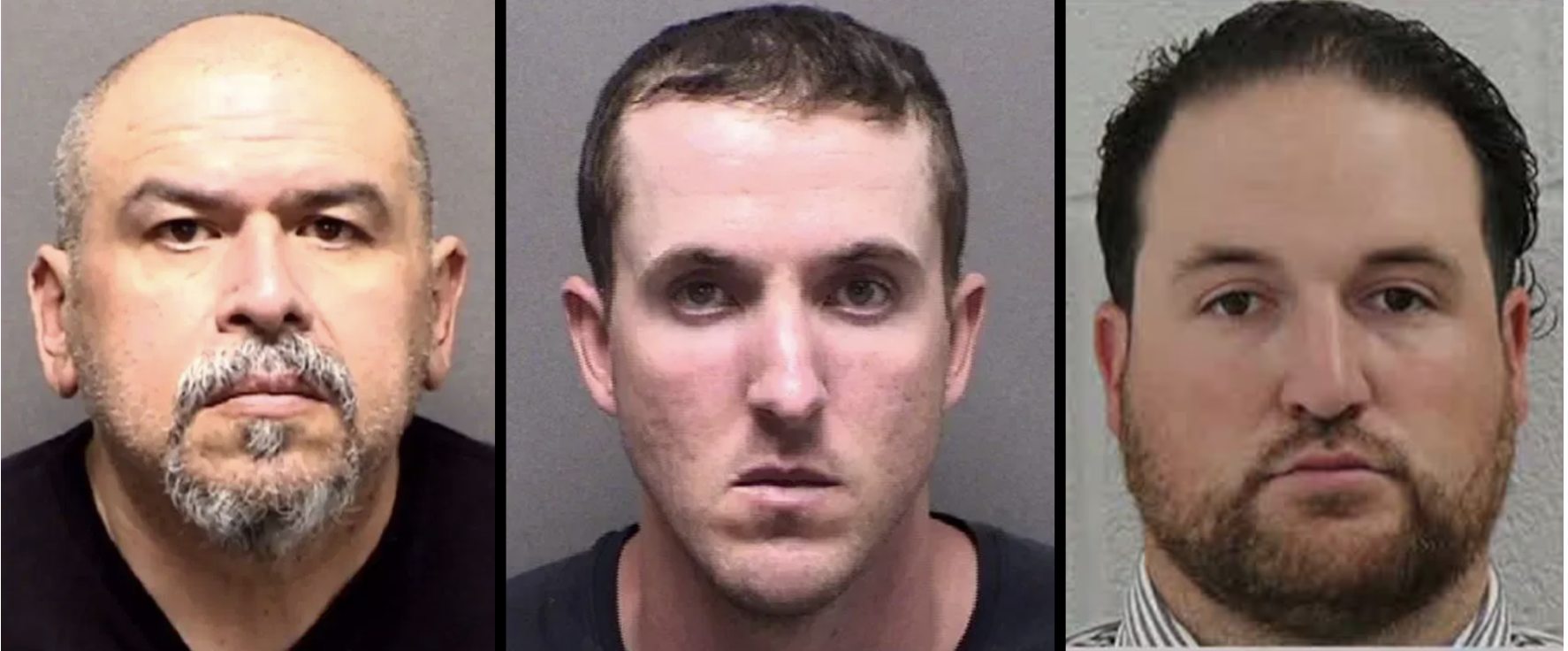A Republican judge in North Texas is under fire for allegations that his candidacy in the 2018 primary election is illegitimate. As a result, the candidate has withdrawn from the race.
A local watchdog who spoke with voters says more than 90 voters, whose signatures appear on petition forms submitted by incumbent Judge Russ Casey, were forged. Many of the voters signed sworn affidavits.
To appear on the ballot in Texas for judicial positions, candidates must secure petition signatures from registered voters inside the district. For a Justice of the Peace to run for office, including re-election, 250 voter signatures are required.
Direct Action Texas (DAT) – a watchdog group that investigated the matter after receiving a complaint from Casey’s primary opponent – assembled a team of notaries to interview voters whose signatures appeared on Casey’s petition.
DAT released the following statement on their website, after concluding their investigation over the past weekend.
“[Our team] went door to door talking to voters and securing affidavits from the voters stating the signatures are not theirs. Earlier today Lenny Lopez filed a challenge to 67 of Russ Casey’s petition signatures. 55 are needed [for Casey] to be removed [from the ballot]. That’s the first issue, however multiple counts of forgery constitutes a felony offense. DAT will hand over our evidence and affidavits to the proper authorities soon. Based upon our analysis there are between 93 to 130 signatures that appear to be forged on Casey’s petitions.”
As of the date of this article, Casey has not been charged with a crime by the Tarrant County’s District Attorney’s office. But the story has raised serious concerns over loopholes in Texas’ Election Code.
Without DAT’s investigation, it’s highly unlikely that Tarrant County election officials would have noticed the alleged forgeries. That’s because state law does not require election officials to verify the legitimacy of voter signatures submitted on petition forms.
Election staff only verifies that the names submitted on forms are a registered voter; they never compare the voters’ signatures with other records on file. With the current process in place, a candidate or their campaign could submit 250 fraudulent signatures without fear of ever being caught.
Other election-related investigations conducted by DAT have led to criminal investigations by the Texas Attorney General’s Office (OAG) in Tarrant, Dallas, Harrison, and Hill Counties, several of which remain ongoing.
Texas Scorecard reported on the OAG’s findings of their Hill County investigation, which was published last week by DAT. The report detailed a staggering level of incompetency on the part of county officials, who certified election results that contained 1,800 more votes cast than the total number of voters who participated in the election. The OAG’s letter detailing their findings was completely ignored by the mainstream media.
Texas Scorecard has repeatedly raised concerns over glaring problems with Texas’ Election Code. And although reforms aimed at criminalizing mail voter fraud were passed during the special session called by Gov. Abbott in 2017, there’s obviously more work to be done by state lawmakers.




